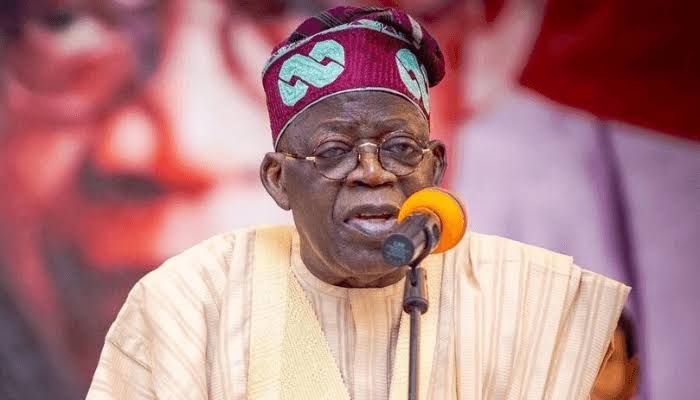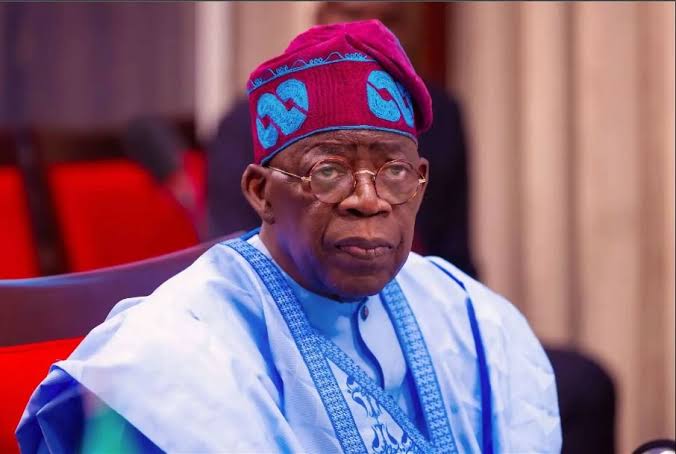Nigeria’s former military leader, General Ibrahim Babangida, has publicly expressed profound regret for annulling the results of the 1993 presidential election, marking the first time he has done so.
This election was intended to conclude a decade of military governance, but its cancellation plunged the nation into chaos. The date of the election, June 12, is now commemorated in Nigeria as Democracy Day. Following the annulment, General Babangida was compelled to resign, while Moshood Abiola, who is widely regarded as the election’s rightful winner, was subsequently imprisoned, and his wife was assassinated.
Current President Bola Tinubu remarked that General Babangida demonstrated bravery by acknowledging the events of that time. At the launch of his autobiography, “A Journey in Service,” in Abuja, the 83-year-old former leader stated, “It is undeniable that credible, free, and fair elections took place on June 12, 1993.” He addressed an audience that included prominent figures such as Tinubu, former presidents Olusegun Obasanjo and Goodluck Jonathan, and fellow ex-military leaders Abdulsalam Abubakar and Yakubu Gowon.
He added, “The tragic irony of history is that the administration that created a nearly flawless electoral system and conducted those elections could not see the process through to completion.”
The historical incident is indeed unfortunate, and the nation has a right to anticipate my expression of remorse. General Babangida, commonly referred to as IBB, has also recognized that Abiola, who passed away in 1998, was the legitimate winner of the election. However, in 1993, as the election results were being compiled, the military regime abruptly halted the process, leading to widespread protests and a significant political crisis.
For thirty years, the events surrounding the 1993 election have remained contentious, with various narratives emerging over time. This recent acknowledgment has reopened old wounds and sparked renewed discussions rather than providing resolution.
Read more: Rebels attack DR Congo military, ending recent calm.
Many individuals will likely look to the former military leader for clarification on certain policies from that era. General Babangida, who ousted another military ruler, Muhammadu Buhari, in 1985, governed the country for eight years.
Ultimately, multiparty democracy was restored in Nigeria in 1999 with the election of Obasanjo, who was also a former military leader, as president.









